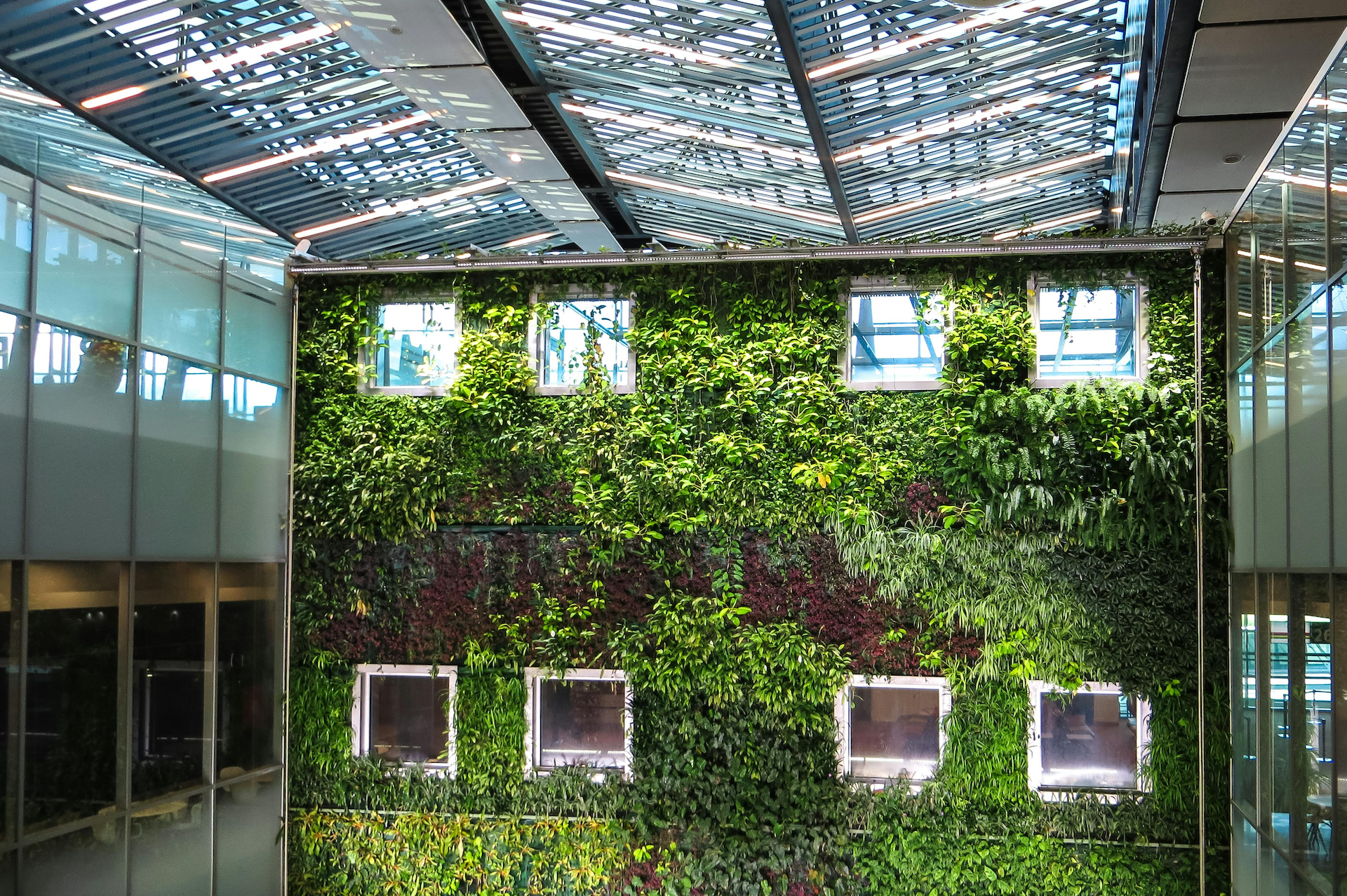
Artikel
27
maart
Map Organisational Culture Change for Success: A Strategic Guide
Video calls at the kitchen table, having lunch with the family, taking neighbourhood strolls, and no commute. Some people find working from home delightful, while others yearn for a return to the office to be able to look each other in the eyes, have informal discussions, and concentrate in the familiar work environment. That scenario is getting closer, forcing companies to rethink their remote work policies.
Multiple perspectives on hybrid working
The premise of two to three days at the office is quickly defined. It seems like the ideal mix between (cost) efficiency and the need for interpersonal connection. However, it is advisable to take a broader view of the future of your office. Do the choices align with the strategic goals of the company? Focusing on efficient processes requires different decisions than when an organisation needs to innovate, as described by Femke de Vries in the FD.
A second perspective is the collective one. Organisational psychologist Kilian Wawoe argues in our #OutOfOfficeForever webcast series that decisions about hybrid working should not only be made by forty-somethings with a house. It is the organisation’s responsibility to keep the entire herd together and facilitate ongoing development and learning for people. And that is much less straightforward for a young employee without a network and good home facilities than in the office.
Deepening the vision of work and office from a cultural perspective
Equally important is the perspective of the current and desired culture. If there is a culture of high mutual involvement, the physical distance may pose fewer barriers to informal contact than in a strongly analytical culture. But does the vision and strategy call for a culture of more creativity and inspiration? Then you might want more unexpected encounters and a vibrant office space. In short, the current culture can make or break your remote work policy, and conversely, your remote work policy can be a crucial intervention for the desired culture.
The question of the meaning of work and the office can, therefore, be an opportunity to immediately delve deeper into the current culture and the desired culture.
In a few steps, insight into the current and desired culture
To make culture visual and tangible, we use a combination of an online culture scan and Culture Labs. The online culture scan is based on the theory of Cameron & Quin and provides insight into four culture orientations (see sidebar). Culture Labs are energetic and interactive (virtual) sessions with a good cross-section of the organisation, where we engage in an active and solution-oriented dialogue. The outcomes of the data and the labs provide a fact-based insight into what you want to retain as an organisation and what culture and behaviour are needed to achieve the vision and strategy.
These insights are then translated into a vision of work and the office. This includes more than a decision about how many days you can come to the office and what the office looks like. It also involves looking at the role of leadership, processes, meeting structures, objectives, and decision-making.
What's your reaction ?
Follow us on Social Media
Recent posts

July 27, 2024
Nieuwe kabinetsvisie: samen sterker tegen cyberdreigingen

July 24, 2024
Navigating AI Implementation: Try these strategies to overcome resistance.

July 24, 2024
Sick Leave Policy Netherlands Guidance for HR and Entrepreneur.

July 24, 2024
CSRD Reporting: Mandatory Reporting on Corporate Sustainability.

July 24, 2024
Training Budget: Investing in Employee Development.

 Inloggen
Inloggen
 Registreren
Registreren






Comments (0)
No reviews found
Add Comment